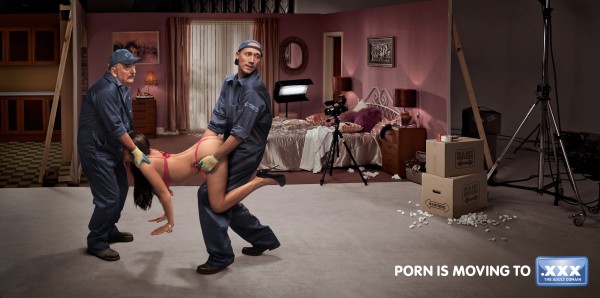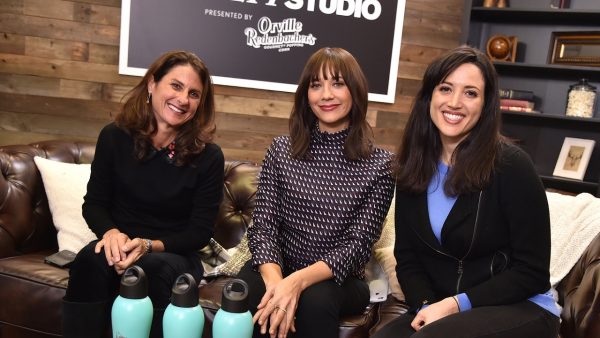Hot Girls Wanted: Turned On—The Subjects
Hi @netflix where is the button for Please Don’t Show Me Celebrity Documentaries Objectifying My Marginalized Cohort?
— Lorelei Lee (@MissLoreleiLee) April 23, 2017
I want to believe with all my heart that material can be made about sex workers that doesn’t demonize or belittle us. I want to get the same feeling chefs get while watching Chopped or car enthusiasts feel watching Top Gear UK. Hot Girls Wanted: Turned On is not that feel-good series—there is no perspective through which it is not problematic.
The show eases you into the material in the first episode with living legend producers Suze Randall and her daughter Holly working on photoshoots and erotic film. The episode focuses on their business practices, how they treat the talent, and their issues with male producers. This segment is the only redeeming portion of the show. Savor the mother-daughter bonding and camaraderie; no warm and fuzzy feelings lie ahead.
I could give you a blow-by-blow of the other five episodes, but to be perfectly frank, it’s a waste of time. This docu-series is even more harmful than its predecessor, 2015 documentary film Hot Girls Wanted, which covered amateur porn. Creator Rashida Jones and the other people behind this film are not sex workers. In fact, Jones has a long Twitter history of belittling women and out-right slut shaming other celebrities.
This week’s celeb news takeaway: she who comes closest to showing the actual inside of her vagina is most popular. #stopactinglikewhores
— Rashida Jones (@iamrashidajones) October 19, 2013
The show creators have no experience in sex work and aren’t even close to anyone who uses the sex industry as their main source of income. They use adult film star Lisa Ann as their poster girl, but she has never dealt with stigma the same way transgender performers or performers who are people of color do. In fact, she is apathetic about the plight of more marginalized sex workers.
The series features screen caps of people surfing cam girl sites. Though these cam performers signed up to be on those platforms, they did not sign up to have their identities exposed on a Netflix documentary. When sex workers on Twitter saw this, they exploded in response, and soon tweets by other sex workers roped into the project revealed further outrages: Not only did HGW:TO reveal screen caps; they showed the legal names of other performers; interviewed workers and agents under false pretenses, insisting the material wasn’t for Hot Girls Wanted; and even used interview footage of someone who’d changed their mind about being involved. Lisa Ann has been less than sympathetic about this, stating on Twitter:
Ok Kids… I’m done sharing the fact that “honesty is the best policy” word to the wise, don’t blame others when you get caught in a lie.
— Lisa Ann (@thereallisaann) April 22, 2017


